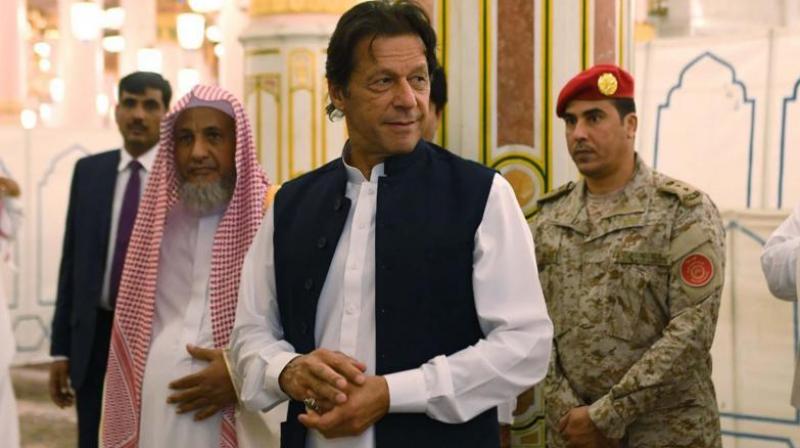View from Pakistan: Public policy is plagued by an excess of centralisation

If there’s something the last five years tell us, it’s that the legal framework of devolution bequeathed by the 18th Amendment is not particularly easy to reverse. Undertaking new constitutional amendments are a tough ask, even on the most consensual subjects, and legislative jurisdictions and fiscal autonomy are areas of long-standing contention.
However, over and above the challenges from unelected “centralising” state institutions, what devolution seeks to do — in spirit, at least – faces two interrelated challenges from within the ambit of governance and party politics in Pakistan. These are the level of administrative centralisation at the provincial level and the nature of intra-party organisation and party-voter relations.
The first is fairly straightforward and abundantly visible. Other than some attempts by the PTI in KP, all other parties have used their geographically circumscribed mandates to concentrate power at the provincial tier. This has either been to speed up delivery of projects and undertake politically expedient decisions or undercut the governing space of a rival party and its concentrated support in one particular city.
The process followed has also been largely isomorphic in both instances, with the creation of parallel delivery mechanisms (companies and other counter-bureaucracies), heavily empowered chief minister’s offices and their attached delivery units, and legislative changes in local government-related laws that elevate powers to province-controlled bodies. Out of a litany of stark examples, the most egregious one can think of relate to urban development and planning, with solid waste management in Karachi being handed to a provincially controlled body and the city’s DMCs being undermined in the process, and the regulation and planning of real estate, transport, and water and sanitation in four districts governed by the LDA in Punjab.
The other challenge to devolution’s spirit comes from the domain of party politics. Pakistan, like other countries in the Global South, has weak parties in terms of the organisation and routinisation of internal processes, the level of internal democracy, the procedures and rules for candidate recruitment and internal promotions, and the space afforded to executive decision-makers and legislators by top party leaders (elected and unelected).
On these measures, all major parties score poorly, with party leaders exercising almost unrestricted sway.
The centrality of party leaders, in turn, is underscored by the nature of party-voter relations. With a changing demography, and a gradual uptick in party-based vote banks, including in some rural constituencies, the importance of party leader identification continues to grow. In the absence of clear-cut policy platforms, or class or ideological cleavages corresponding to party vote banks, partisan identity and affiliation is now cultivated by candidates on the individual appeal of top party leaders. This helps tilt the balance of power in favour of central party leaders, who essentially exercise a telegenic relationship with the voters.
What is the devolution-related outcome of party weakness along these parameters? The first is that authority in government is unilaterally exercised by central party leaders, with junior elected officials being sidelined in favour of technocratic or bureaucratic authority. This is highly antithetical to the spirit of devolution which seeks to expand the voice people have in government decisions.
The second is that since prominent party leaders are no more than a handful of people, there is a general concentration of authority on issues as far ranging as drafting and approving legislation, making spending decisions, and setting in place development visions. This was readily apparent in the case of Shahbaz Sharif’s time in Punjab, and early indications show that it will remain in place during the PTI’s government as well. For the latter, the appeal of Imran Khan being pushed through as the decisive factor in voting decisions has actually added another layer of centralisation, with one leader taking full charge of the party’s development vision and its implementation. As a result, we see the prime minister (and his immediate team) regularly chairing meetings of provincial ministers, handpicking members of the cabinet, and even having the final say on something as contextually specific as the nature of local government legislation.
The conjoined restraint on devolution by administrative centralisation at the level of the provincial capital, and party leaders exercising unchecked authority, are areas of persisting concern. The worrying thing is that while the former may be de jure addressed through a substantive and empowered local government law, persisting de facto authority exercised by top party leaders will likely limit any of its gains.
By arrangement with Dawn
B08

